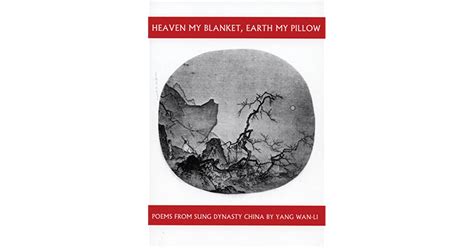Цитата Брайана Ино
«Два голоса» из моего альбома с Петером Швальмом — это целая поэма-сон. Однажды ночью я проснулся с изображением листа бумаги и всех слов стихотворения, написанных на нем, так что я просто споткнулся о кухонный стол и «переписал».
Связанные цитаты
Стихотворение выстраивается у меня в голове и сидит там, как в реестре, до тех пор, пока стихотворение или часть более длинного стихотворения не будет достаточно закончено, чтобы его можно было записать. Я могу довольно долго держать в голове несколько строчек, но как только они записаны, регистр как бы очищается, и приходится работать с тем, что есть на бумаге.
Я начал сочинять следующее стихотворение, то, которое должно было быть написано следующим. Не последнее стихотворение из тех, что я читал, а стихотворение, написанное в голове того, кто, возможно, никогда не существовал, но который, тем не менее, определенно написал другое стихотворение, и просто не имел возможности доверить его чернилам и странице.
Я просто думаю, что мир мастерских - я написал стихотворение, которое является пародией на разговор о мастерской, я написал стихотворение, которое является своего рода пародией на болтливого поэта на поэтическом чтении, который тратит чрезмерное количество времени. объясняя стихотворение, прежде чем читать его, я написал ряд сатирических стихов о других поэтах.
Мне все время кажется, что никто из нас не написал ни одного стихотворения, ни книги, ни чего-то подобного. Вся жизнь нас, писателей, весь продукт, я думаю, я имею в виду, это одна длинная поэма - коллективная работа, если хотите. Это все та же поэма. Она не принадлежит какому-то одному писателю — возможно, это поэма Бога. Или стихотворение Божьего народа.
Разум крутится вокруг стихотворения. Это почти чувственно, особенно если вы работаете на компьютере. Вы можете переворачивать стихотворение по кругу и вверх ногами, танцуя с ним нечто вроде болеро двух змей, извивающихся и извивающихся, пока стихотворение не обретет свою правильную и правильную форму.
Недавно я снимался в фильме в Республике Джорджия [предстоящий «Нореол звезд»], который был основан на длинном стихотворении, написанном режиссером. Мы обнаружили, что все эти слова были прекрасны, как стихотворение, но для людей это было больше об эмоциях или взглядах, чем просто о том, что там было.
Я думаю, вы можете исполнить любое стихотворение. Но во что я верю, так это в то, что лучшие примеры устной поэзии, которые я когда-либо видел, — это устные стихи, когда вы их видите, вы осознаете тот факт, что их нужно исполнять. Что в этом стихотворении есть что-то, чего вы не смогли бы понять, если бы просто читали его на листе бумаги.
Тема стихотворения обычно диктует ритм или рифму и ее форму. Иногда, когда вы заканчиваете стихотворение и думаете, что стихотворение закончено, стихотворение говорит: «Вы еще не закончили со мной», и вам приходится возвращаться и пересматривать, и у вас может получиться совсем другое стихотворение. У него есть своя собственная жизнь.



































